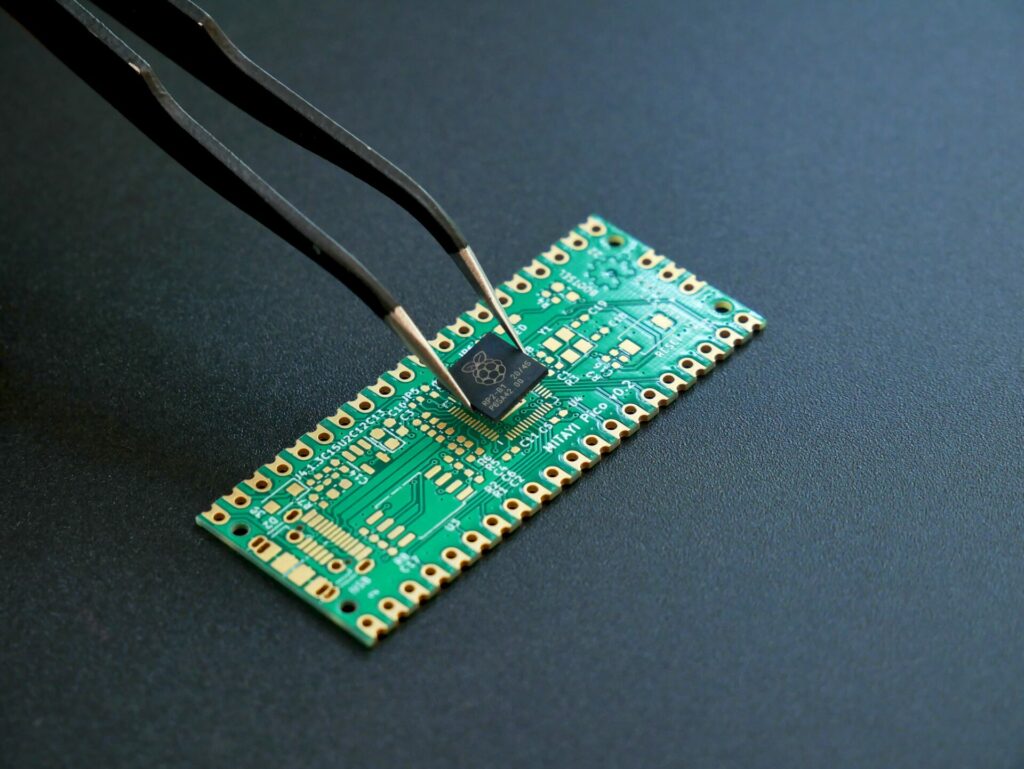European lawmakers on Tuesday voted to adopt legislation to boost the EU's semiconductor industry. Recent chip shortages have highlighted Europe's dependence on a complex global supply chain, with EU policymakers now taking steps to beef up the industry with €43 billion in subsidies.
But EU legislation doesn't move quickly and the Chips Act proposal has yet to be formally adopted by the European Parliament. However, in lightning speed for the EU, its Industry and Energy Committee did adopt two draft bills. The Chips Act was adopted with 67 votes in favour to one against, with four abstentions.
In a separate vote, MEPs adopted the Chips Joint Undertaking proposal. This aims to increase production and had 68 votes in favour, none against and four abstentions.
Vulnerabilities in the supply chain
Chips are vital to Europe's economy as they are needed in laptops, medical devices, 5G and a broad range of industries including health and security, but events such as the war in Ukraine highlight the fragile nature of a complex supply chain.
Weaknesses in the supply chain have driven up consumer prices, which in turn has slowed down the pace of economic recovery in Europe after the pandemic.
In addition to boosting chips production and innovation in Europe, the proposal would activate a crisis response mechanism in case of an acute shortage. This would enable the Commission to buy chips on behalf of Member States.
Related News
- Chip shortage costs European car industry €100 billion
- Electric cars have huge potential to stabilise the grid, study finds
Critics have said that the move wouldn't actually help in the event of shortages given how long it takes to produce chips and argue that the bloc would be better served by focusing on preventing shortages.
Nevertheless, negotiations on the Chips Act will be announced at the Parliament's next plenary in Strasbourg after which it will be discussed with the Council before the proposal is adopted officially.

